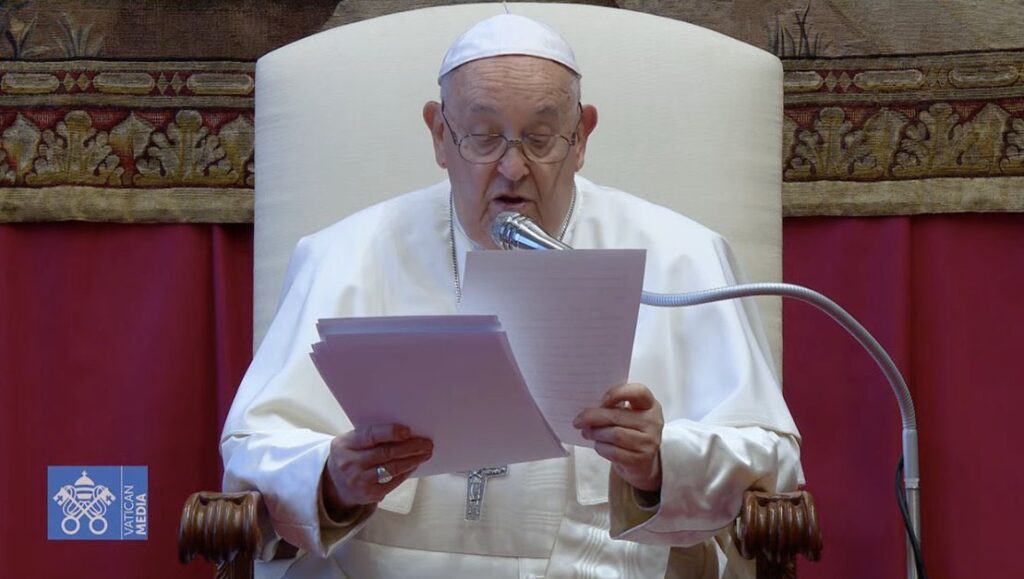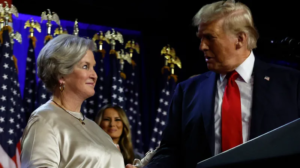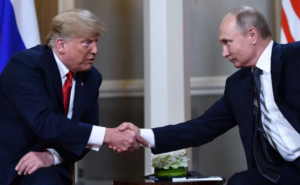
In a major policy address on New Year’s Day, Pope Francis urged for a worldwide ban on surrogacy, denouncing the practice as “deplorable” and a “grave violation of the dignity of the woman and the child.” The pontiff, in his annual speech on global peace and human dignity to diplomats at the Vatican, emphasized the need to protect the life of the unborn child and condemned the commercialization of pregnancy.
Addressing a range of global issues threatening peace, including conflicts in Ukraine, Israel-Hamas tensions, migration, and climate crises, the Pope highlighted surrogacy as one of the smaller-scale concerns affecting human dignity. He called for a universal prohibition on surrogacy, emphasizing that a child should be viewed as a gift and never the subject of a commercial contract.
The Pope’s stance aligns with the Catholic Church’s opposition to what he termed “uterus for rent.” However, the Vatican’s doctrine office clarified that children of same-sex parents who opt for surrogacy can still be baptized.
Commercial surrogacy is widespread in the United States, but it faces bans in parts of Europe, such as Spain and Italy. The Pope’s remarks come amid Russia’s war in Ukraine, shedding light on the thriving surrogacy industry in Ukraine, one of the few countries permitting surrogacy for foreigners.
Critics argue that commercial surrogacy exploits economically disadvantaged women, while supporters contend that it provides an opportunity for women to help childless couples. The Pope’s call for a global ban adds a significant voice to the ongoing debate surrounding surrogacy.
In addition to his stance on surrogacy, Pope Francis addressed various geopolitical issues, expressing concern over conflicts in Africa, calling for diplomatic dialogue in Nicaragua, and urging the resumption of Iran nuclear talks for a safer future. He also condemned the production of nuclear weapons as immoral, emphasizing the human toll of war on civilian lives.
This latest call for a universal ban on surrogacy reinforces the Pope’s consistent advocacy for the sanctity of life and challenges the ethical dimensions of assisted reproduction practices on a global scale.






Be First to Comment